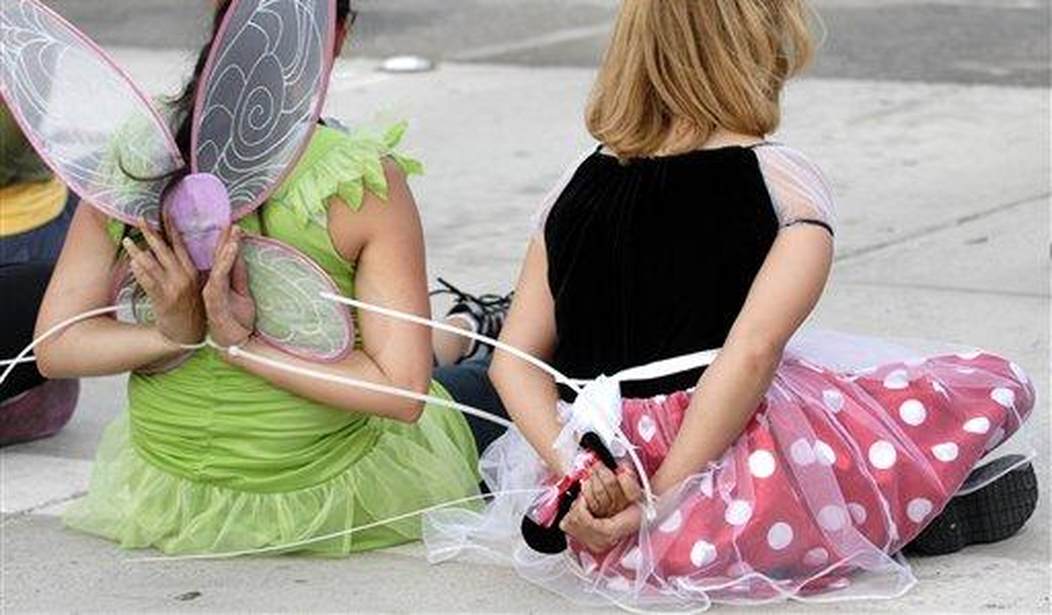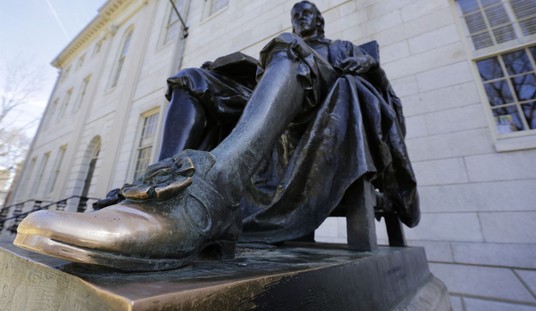The Central Florida Tourism Oversight Board, the municipal-like entity that encompasses the Disney World amusement park and resort, created on February 27 by Gov. Ron DeSantis to replace the Reedy Creek Improvement District, announced Monday it has uncovered a self-dealing practice by the old district worth some $2.5 million in 2022.
The Central Florida Tourism Oversight District also submitted a referral to the Florida Inspector General, detailing millions of dollars worth of perks and benefits that the former Disney-controlled Reedy Creek Improvement District funneled back to Disney by billing Florida for the perks enjoyed by RDIC employees.
For decades, the former Disney-run RCID used taxpayer funds to provide season passes and amusement experiences to its employees and their family members, cover the cost of discounts on hotels, merchandise, food, and beverages, and give its own board members VIP Main Entrance passes.
The CFTOB release said that in 2022 the perks scheme cost Florida taxpayers more than $2.5 million.
In addition to constituting unethical benefits and perks, the scheme raises significant questions regarding self-dealing as the board members were only permitted a maximum of $100 per month in compensation per the Reedy Creek Improvement District Act.
The most recent invoice Disney sent to CFTOD included a charge for “Q1 FY22 Tickets” for nearly $500,000, the release said.
Other items invoiced from Disney CFTOD include $16,837.39 for merchandise discounts, $4,969.52 for food and beverage discounts, and $3,764.48 for water park discounts. CFTOD was also billed for employee hotel rooms at the Disney Yacht Club Resort, Disney Caribbean Beach Resort, and Disney Coronado Springs Resort.
The release said that immediately upon discovering the employee perks scheme, the CFTOD initiated the process to abolish the program while allowing district employees to access any Disney grounds as required for their official duties.
Reedy Creek was created as a municipality in 1967 to provide Disney the independence it desired to build Disney World and its adjacent properties and give the company advantages that would incentivize it to invest in the then-underdeveloped central part of the state.
DeSantis and his wife, Casey, were married at Disney World in 2009, and the governor and the company did not clash in public until February 2022, when the legislature passed the DeSantis parental rights bill. The bill codified that parents would have a role in how sensitive subjects would be taught to their children, and it forbade sexual content from being discussed in classrooms until the fourth grade.
After Disney's once and future CEO Bob Iger condemned the bill, pressure built on his successor Bob Chaptek to rebuke the governor for his parental rights bill.
Chaptek denounced the bill in a company-wide memo, and he signaled in the memo that Disney would become a participant in the state's culture wars.
Finally, I want to address concerns about our political contributions in Florida. While we have not given money to any politician based on this issue, we have contributed to both Republican and Democrat legislators who have subsequently taken positions on both sides of the legislation. I can also share that Geoff Morrell, our new Chief Corporate Affairs Officer, will be reassessing our advocacy strategies around the world—including political giving—as he begins to integrate the communications, public policy, government relations and CSR teams.
This challenge to DeSantis, who was up for reelection that November, opened the governor to the idea that if Disney was now a political agent in the state—opposed to his agenda—the company should not enjoy special privileges.
The governor laid out his case in his Feb. 28 op-ed in The Wall Street Journal.
For more than 50 years, the state of Florida put Disney on a pedestal. That all changed last year, when left-wing activists working at the company’s headquarters in Burbank, Calif., pressured Disney to oppose Florida’s Parental Rights in Education Act. The legislation bans classroom instruction on sexuality and gender ideology in kindergarten through third grade and requires that sex instruction in other grades be age-appropriate. Disney executives were seen on videos boasting about the company’s plans to inject sexuality into its programming for children.
With this in mind, the governor and the legislature stripped from the books the Disney-dominated Reedy Creek district and its board and replaced it with the current Central Florida district and its board appointed by the governor.
As the new board rebalances the relationship between Disney and the Sunshine State, it is apparently also going over the books.
Now it is up to the state's inspector general to see if this conflict takes a criminal turn.















Join the conversation as a VIP Member